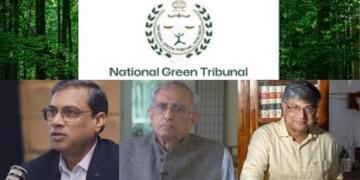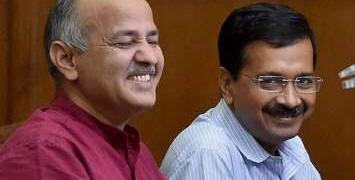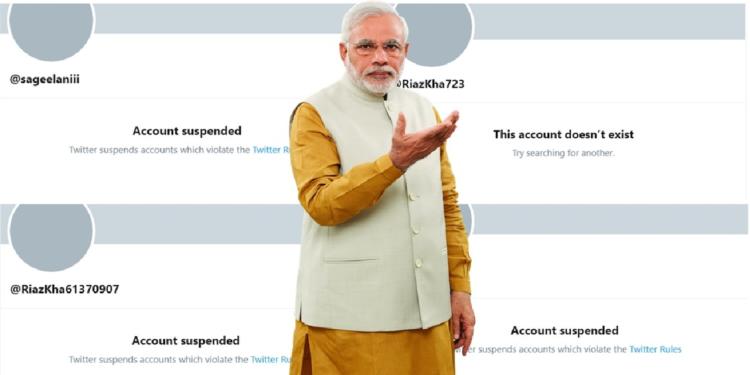People are generally naïve and impressionable, and this behavior transcends geographical and demographical divides. They usually believe whatever they see and read on the internet. Very little effort goes in verifying the claims made within the story and ascertaining if they are backed by facts or not. It is not uncommon to see poorly researched fake news stories shared by millions of people across on prominent social media websites like Facebook and Twitter.
If a certain fake news peddler on Twitter has just 1,000 followers on Twitter and only 10(1%) of his followers retweet it and if each of those 10 have 1,000 followers each, the fake news story will have the potential to be seen by 1,00,000 people on Twitter. This phenomenon is termed as the snowball effect in social media. Like most countries with a sizeable number on the social media, India is battling a fake news problem too. This effect becomes particularly worrisome when a bunch of motivated fake news peddlers deliberately share fake news stories about a sensitive topic. The abrogation of Article 370 is one such sensitive topic and a motivated cabal of fake news peddlers are doing everything possible to bring India at the brink of a civil war.
The Home Ministry headed by Amit Shah had written to Twitter on Monday, asking them to suspend eight Kashmir-based accounts for spreading rumours. The Union Home Secretary stated that the closure of these Twitter accounts is an absolute must as they are “spreading rumours and misinformation to disturb the peace and calm in the Valley.”
The list of Twitter accounts is as follows:
- @kashmir787 — Voice of Kashmir
- @Red4Kashmir — MadihaShakil Khan
- @arsched — Arshad Sharif
- @mscully94 — Mary Scully
- @sageelaniii — Syed Ali Geelani
- @sadaf2k19
- @RiazKha61370907
- @RiazKha723
A Twitter profile in the name of Syed Ali Geelani, a prominent separatist leader from the valley, was also included. It is not clear if the handle actually belongs to Geelani.
It must be noted that the government is doing everything possible to ensure peace and calm in the valley. Understanding the sensitive nature of the move, the central government suspended internet and telephony in select districts in the valley. It also curtailed the movement of prominent Kashmiri politicians, separatists and known rabble rousers. Additionally, Section 144 was imposed in few districts of Kashmir. The suspension of communication services and other precautionary moves are gradually being relaxed. It is because of the excellent planning by the government of India that the valley has remained calm. But the abrogation of article 370 is terrible news for some players in the valley whose shops have been shut by the government and hence they have been resorting to spreading misinformation in order to provoke a largely peaceful Kashmiri population.
The good news is that the microblogging site responded favorably and at the time of writing this article, had suspended 4 out of the 8 flagged accounts.
Kashmir and Kashmiris are no stranger to the fake news menace. Earlier this year, JNU activist cum separatist cum part time politician Shehla Rashid tweeted about Kashmiri students being heckled and harassed by furious mobs in the state of Uttarakhand. It turned out to be a complete hoax.
We live in the era where data is manipulated, and facts are twisted. Hence it is absolutely important for everyone to verify facts before retweeting or sharing anything on social media. Meanwhile the government must be commended for flagging fake news peddlers on Twitter and getting their accounts suspended.

























